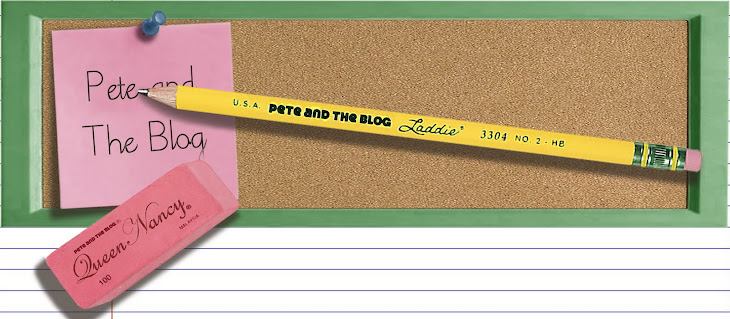I've noticed a tendency in fiction: people seldom include families. At least not families with any realistic range of ages, coming from my experience. Characters are almost always single, or if in a relationship, there are no children, or, if there are children, you never see the children.
Or, if there is a family, with a child, and that child actually appears in the story, the child doesn't seem natural.
In fiction, dialogue and action almost always have a purpose. They're moving toward something. The moment a small child begins to have plot-related purpose in her conversation, she no longer sounds like a child.
That's right: based on extensive interaction with children between the ages of ten-months and eight years old, I can conclusively say that a conversation with a child has no center. It will be random, unexpected, and contain leaps of logic that put kangaroos to shame. (Because kangaroos have large gaps in their logic.)
Children cannot be plot devices, any more than they can be useful tools in a parent's toolbox. Real children have personalities and agendas all their own, and that holds true for fiction as well as real life. If you're going to write a small child, be prepared for them to go off the rails. Your book will be better for it.
Subscribe to:
Post Comments (Atom)


I have experience with talking to children up to the age of 43. Those talks are also often not plot driven. But they're a lot of fun.
ReplyDeleteAmen! Down with unnatural children! Up with derailed plots!
ReplyDelete@DadCannon--you mean I often ramble? Or jump topics without providing context? Surely, I'm never so incoherent.